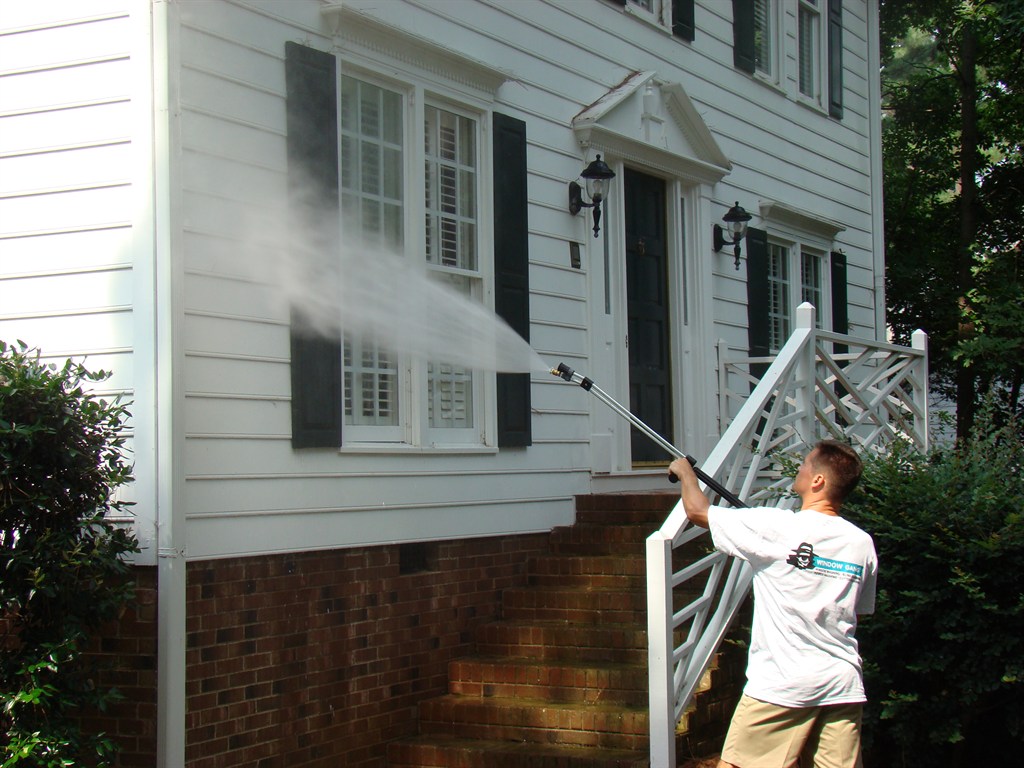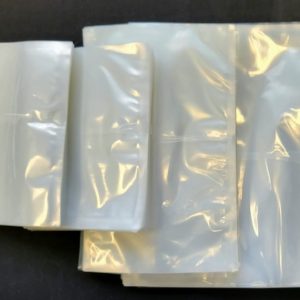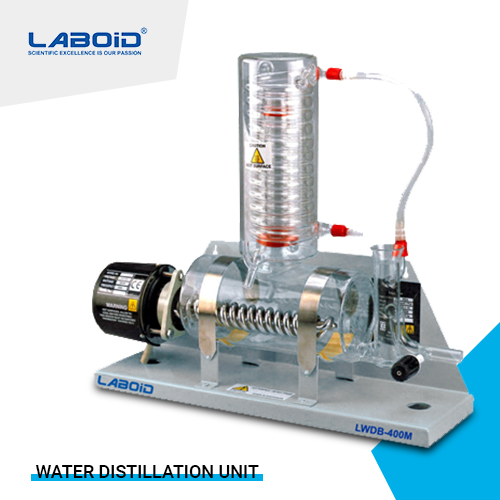Acne prone skin can be a persistent challenge, impacting both physical appearance and self-confidence. Understanding the causes, adopting effective skincare practices, and making lifestyle adjustments are key steps in taming breakouts and achieving clear, healthy skin.
Understanding Acne prone skin
Acne occurs when hair follicles become clogged with oil and dead skin cells, leading to the formation of pimples, blackheads, and whiteheads. Hormonal changes, genetics, and certain medications can contribute to acne development. It’s essential to recognize that acne prone skin is a common condition and can be managed with the right approach.
Gentle Cleansing and Non-Comedogenic Products
Cleanse your face twice daily with a mild, non-comedogenic cleanser. Avoid harsh scrubbing, as it can irritate the skin and worsen acne prone skin. Use oil-free, non-comedogenic skincare products to prevent pore blockages. Look for labels indicating products are “non-comedogenic” or “won’t clog pores.”
Effective Acne Treatments
Several over-the-counter and prescription treatments can help manage. Benzoyl peroxide and salicylic acid are common ingredients found in acne products. Benzoyl peroxide kills acne prone skin-causing bacteria, while salicylic acid exfoliates the skin and unclogs pores. Consult a dermatologist to determine the most suitable treatment for your skin type and severity of acne.
Avoid Picking and Squeezing
Resist the urge to pick, squeeze, or pop acne lesions. Doing so can worsen inflammation, lead to scarring, and spread bacteria. Instead, apply topical treatments as directed and allow the acne prone skin to heal naturally. If you have persistent or severe acne, seek professional help from a dermatologist.
Balanced Diet and Hydration
Maintaining a balanced diet rich in fruits, vegetables, whole grains, and lean proteins supports overall skin health. Avoid excessive consumption of sugary, greasy, and processed foods, as they can exacerbate acne prone skin. Additionally, stay hydrated by drinking plenty of water to flush out toxins from your body and keep your skin hydrated.
Stress Management
Stress can trigger hormonal imbalances that contribute to acne flare-ups. Practice stress-reducing activities such as yoga, meditation, exercise, or hobbies to promote relaxation and mental well-being. Adequate sleep is also crucial for skin regeneration and overall health.
Professional Treatments
For severe or persistent, dermatological procedures like chemical peels, microdermabrasion, or laser therapy can provide effective solutions. These treatments target deep-seated acne and can improve skin texture while reducing the frequency and intensity of breakouts.
By adopting a comprehensive approach that includes proper skincare, a healthy lifestyle, and, if necessary, professional interventions, you can tame breakouts and achieve clear, radiant skin, boosting your confidence and overall well-being.











